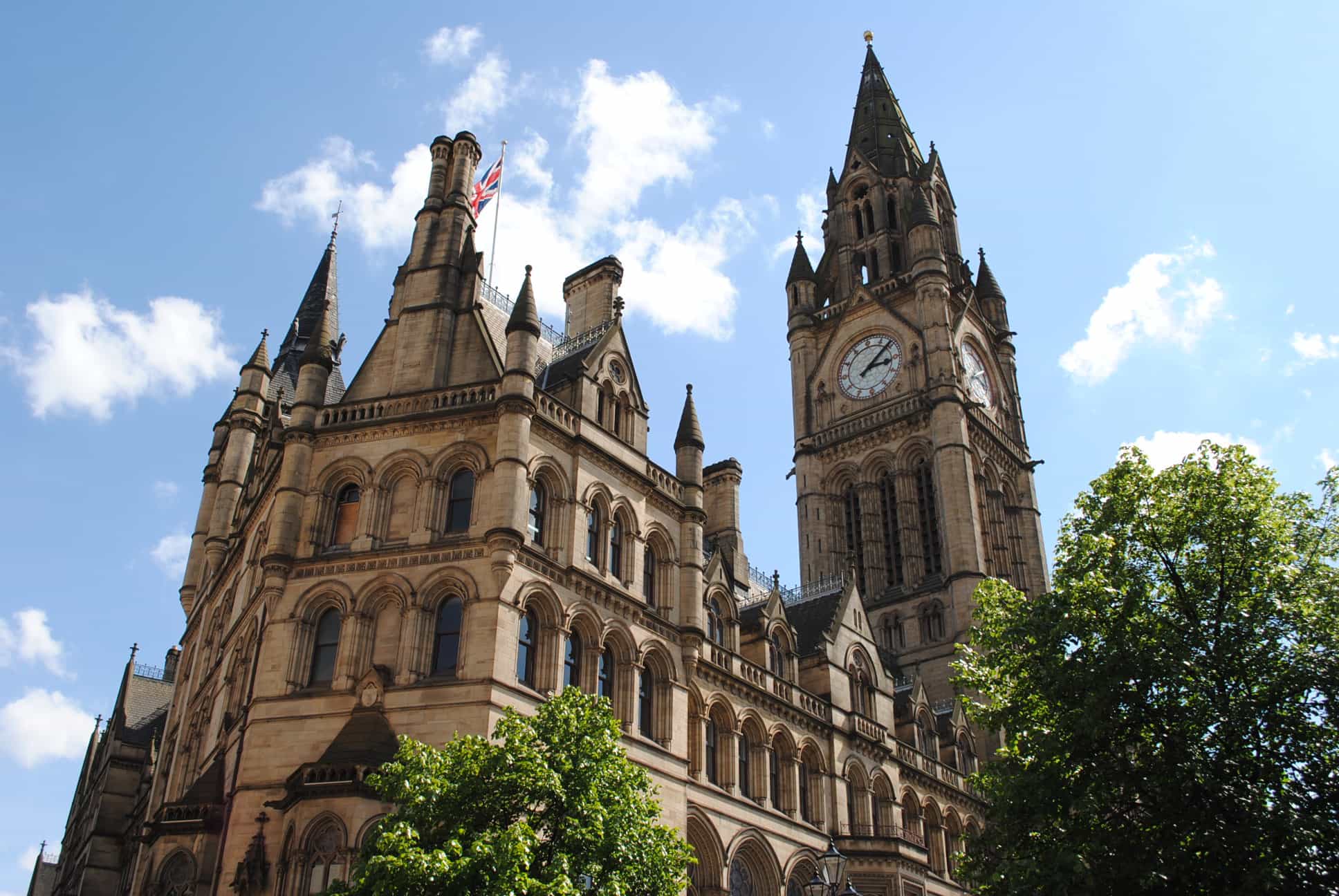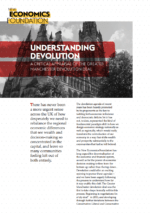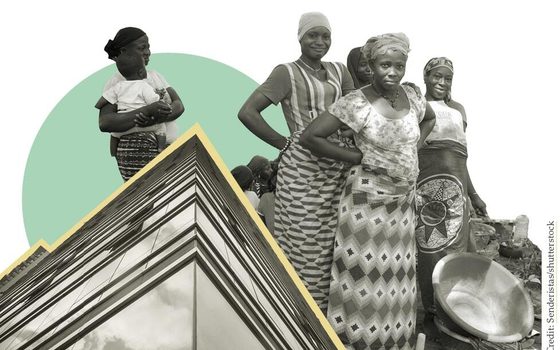Understanding Devolution
A detailed look at the Greater Manchester devolution deal
07 March 2017
There has never been a more urgent sense across the UK of how desperately we need to re-balance the regional economic differences that see wealth and decision-making so concentrated in the capital, and leave so many communities feeling left out of both entirely.
The devolution agenda of recent years has been heavily promoted by its proponents as the key to tackling both economic imbalance and democratic deficits. Yet it has not, to date, represented the kind of fundamental paradigm shift in how we design economic strategy nationally as well as regionally, which would really transform the centralisation of our economy in a way that shifts wealth and prosperity substantially to the communities that feel so left behind.
The New Economics Foundation has long argued for decentralisation of the economic and financial system, as well as for the power of economic decision-making to flow from the bottom up rather than the top down. Devolution could offer an exciting opening to pursue these agendas – and we have been eagerly following the process to understand how far it may enable this shift. The Greater Manchester devolution deal was the first to take shape formally within this process. Beginning in negotiations for a ‘city deal’ in 2011, and developing through further iterations between the Conservative-Liberal and Conservative governments led by David Cameron, it has most recently culminated with a fourth ‘devolution deal’ struck between Whitehall and the Greater Manchester Combined Authority (GMCA) in March 2016.
Exploring how this process has been taking shape within the GMCA offers huge insight into the possibilities and challenges of the national process. This briefing is based on a combination of interviews with senior officials, policy experts, document analysis, and an analysis of the basic socio-economic dynamics of the GMCA area as well as their historical trajectory. Its aim is to evaluate the ambitions and plans of policymakers, and offer recommendations for how, under the existing devolutionary framework, those implementing the devolution deal, and the communities this affects, might best advance a more sustainable, democratic, fair, and balanced economy and political system.

Regarding the national pursuit of devolution, we argue that:
- Devolution needs broader economic policy change. This includes a shift away from a model that continues to rely on the hope of trickle down dividends from the economic dynamo of London and the South East. This centralised economic structure cannot be overcome by devolution in its current form.
- Fiscal devolution needs re-thinking. The current approach relies on business rate localisation to grant more financial independence. This will lead to a febrile regulatory ‘race to the bottom’ to attract business investment. It will also make local government finance much more vulnerable to economic fluctuations and will lead to a mismatch in many areas between level of need and level of resource.
- Devolution is too top-down. In its current form, it primarily reflects the priorities of central government, which are to increase aggregate growth and reduce public spending. Many devolved mechanisms can be clawed back by central government if the growth requirement is not met, and are also circumscribed by government requirements on how resources are spent – often by contracting private sector deliverers. Powers to deliver centrally determined objectives is hardly ‘localism’.
- Devolution deal making undermines democratic decentralisation. Deals have been struck between elites behind closed doors, with minimal, and post-hoc public participation. Given the well documented ailments of representative democracy, electoral links are not sufficient to legitimate these changes. Devolution’s democratic deficit needs addressing through genuine, upstream, public participation.
Given this, we outline the challenges that face Greater Manchester policy makers who wish to pursue deeper and more systemic positive changes within the region, through the devolution agenda. We suggest they will need to:
- Challenge the dominance of a ‘trickle down’ logic. This prioritises boosting the city centre through big-business led development, external investment, and demographic change. This is a well-trodden path towards gentrification, the marginalisation of existing residents, and increases in inequality. Growth can be pursued but it should be a means to improve conditions for existing residents through endogenous and community-led approaches to economic development.
- Be wary of ‘responsibilisation’. We challenge the idea that disadvantage portrays individual failure to take advantage of opportunities, compounded by welfare dependence. Ills such as social inequality, and are systemic failings. The corollary of this narrative, a “carrots and sticks” welfare regime is mistaken: it incentivises individuals to take advantage of trickle down benefits that don’t materialise.
- Pay attention to the need for local democracy. Devolution offers Manchester an opportunity to revitalise local politics and democracy which needs to be more decisively grasped. The role of civic participation is currently limited to generic, consultative forms of engagement. GM should experiment with radical approaches to participatory democracy such as substantive participatory budgeting, which can both increase the effectiveness of public spending, empower citizens and, in doing so, connect democratic renewal and social justice agendas.







